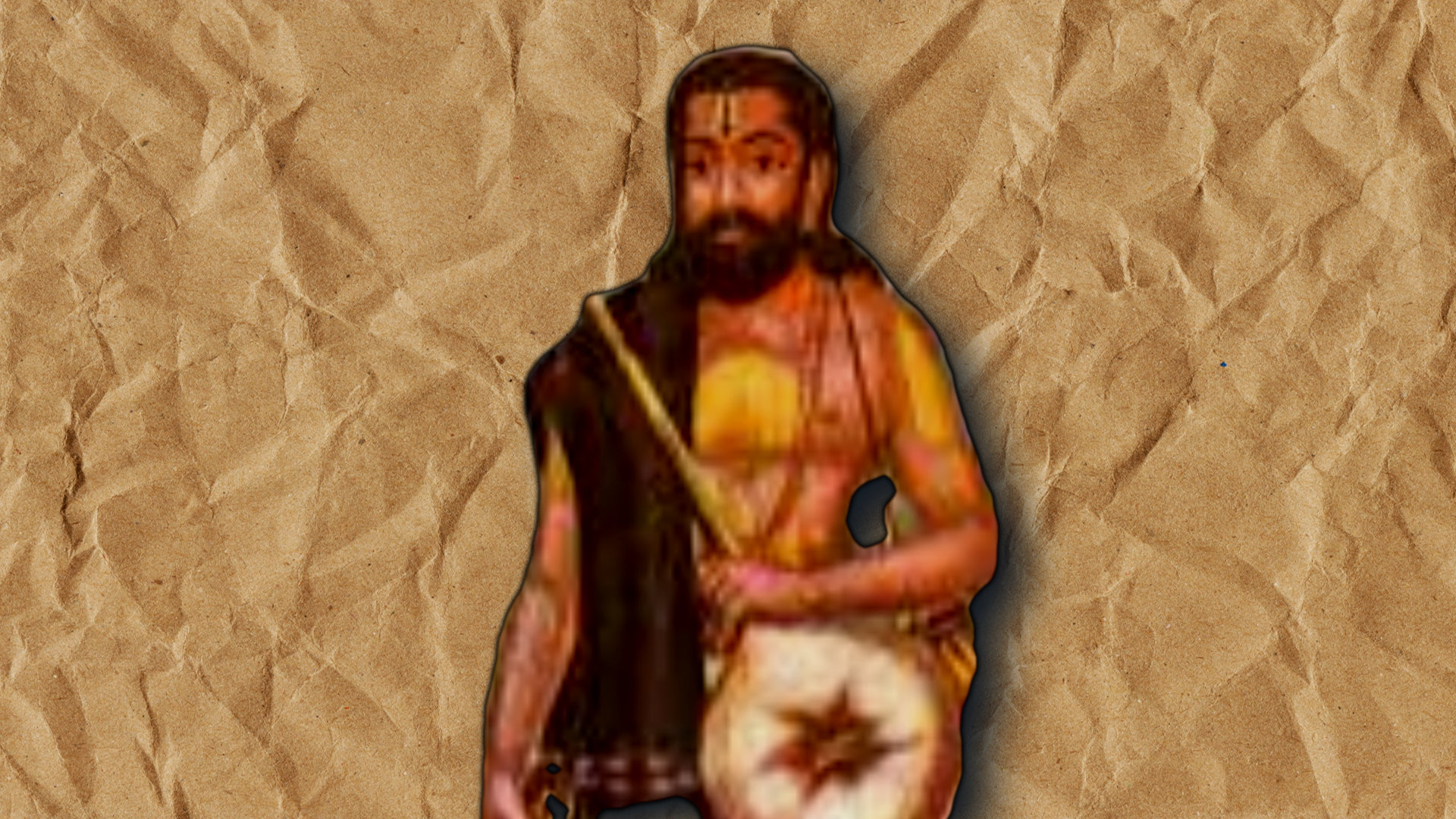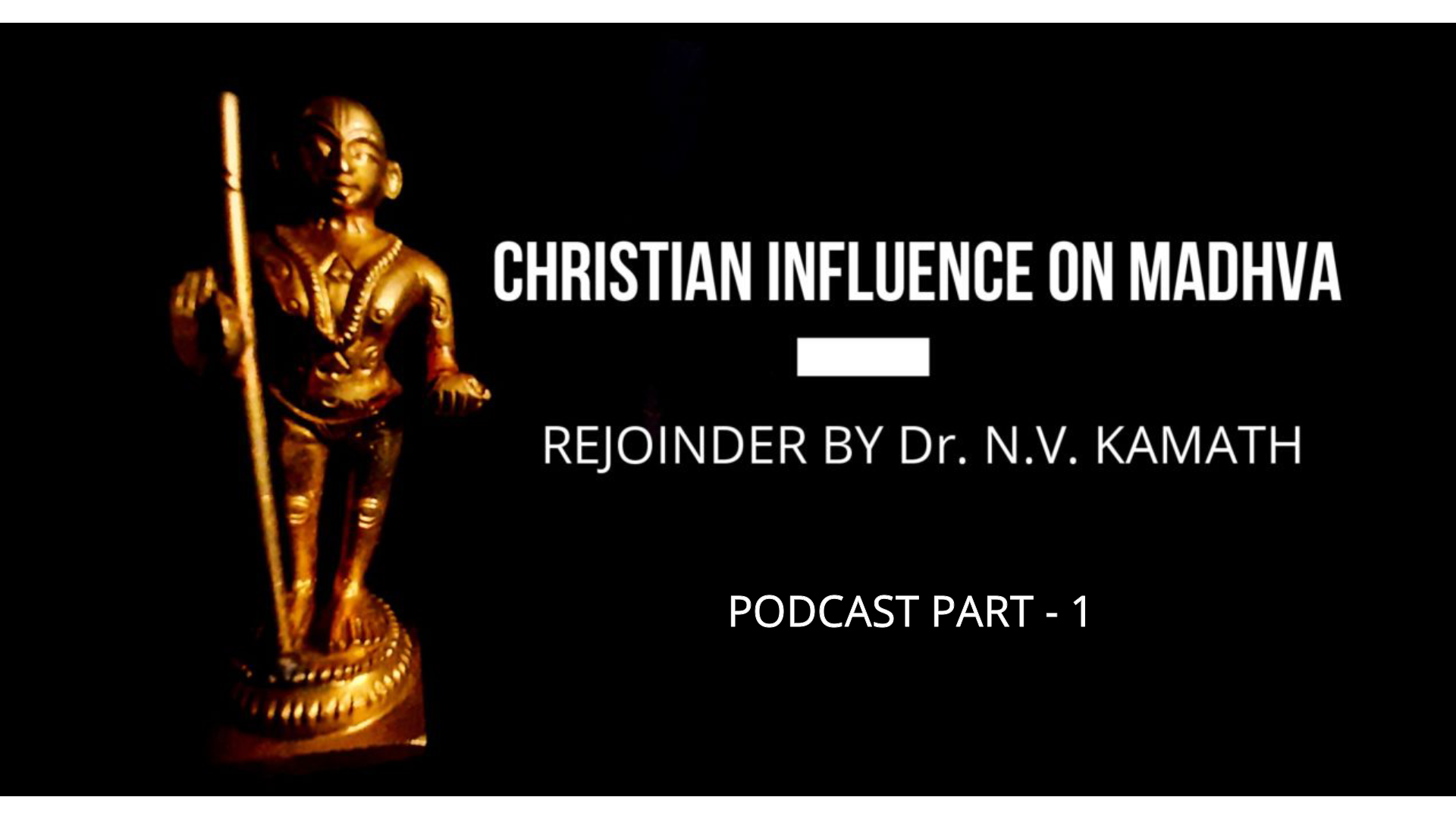प्रणवत्कामधॅनुं च भजस्सुरतरूपमम्|
श्रीभावबँधकृत्पादचिंतामणि मुपास्महे||
The contributions of Sri Raghuttama Tirtha to Dvaita school of Vedanta are unique and effective. This article is about his philosophical works that have made a deep impression on the scholars of subsequent periods.
TYPES OF DVAITA SCHOLARS
The noted historian of Dvaita School of Vedanta Dr. B.N.K. Sharma classified the Dvaita scholars into two categories:
- Polemical
- Non-polemical
Polemical scholars are those who extensively wrote rejoinders, rebuttals & criticism of the other schools of Vedanta. Their works were either in response to the works authored by other schools or the independent works that attempt to highlight the “limitations of the thesis” of the schools of Vedanta marked for criticism.
Non-polemical scholars are those who have written only about Dvaita Vedanta without much criticism of other schools of Vedanta and their focus was to expand the understanding of Dvaita thesis in the readers.
Sri Vyasatirtha, Vadiraja Tirtha, Vijayindra Tirtha and Raghavendra Tirtha are some of the best known polemical scholars of Dvaita.
Among non-polemical, Sri Raghuttama Tirtha of Uttaradi Matha stands tall.
Dr. B.N.K. Sharma considers Raghuttama Tirtha as the ‘early writer‘ of this Non-polemical category of Dvaita scholars.
In the New Indian Antiquary Volume-III of 1940-41, writing about Raghuttama Tirtha, Dr. Sharma says – “Raghuttama is one of the honoured Saints of the Madhva calendar.“
*****
SUBSCRIBE TO ANVESHI CHANNEL. WATCH UNIQUE VIDEOS ON HISTORY
LIFE HISTORY & MEMORABLE EVENTS
As goes with many of the scholars of the yore, the life history and family details of Sri Raghuttama are scant. Dr. Sharma says that he is a ‘Kannada Deshastha Brahmana’ hailing from present day Bijapur district.
For some time, he studied at Manur under tutelage of Adya Varadacharya and was subsequently oradained to become Uttaradhikari by Sri Raghuvarya Tirtha of Uttaradi Matha.
For a memorable event from the life of Raghuttama please read this account.
SRI RAGHUTTAMA & HIS CONTRIBUTIONS
Sri Raghuttama is distinct in one aspect. He was ordained to Sanyasa from Brahmacharya unlike his predecessors who were mostly entered Sanyasa from Gruhastha Ashrama.
He took up the Peetha of Uttaradi Matha in c.1557 as a very young age and ruled the Samsthana for 39 years and he entered Brindavana in c.1596 at Tirukkovilur in Tamil Nadu.
Raghuttama was younger contemporary to the great polimical scholars of Dvaita – Sri Vadiraja & Vijayindra. By this, he also becomes, for sometime, a contemporary to Sri Purandara Dasa & Kanakadasa (mostly at the beginning of his tenure as Peethadhipati).
While Sri Vadiraja & Vijayindra Tirtha were going all out to counter the other schools of Vedanta and establish Dvaita all along, Sri Raghuttama was quietly creating a pool of books that would be collectively called as “Bhava Bodha” by the disciples. Devotees hail him as “Bhavabodha Acharya” or “Bhavabodhakara” for this reason.
*****
HIS WORKS
In all, he wrote 7 books and all of them are ‘commentaries on the earlier works of the system.’
“Brihadaranyakopanishad Bhashya Tika” that runs in to 9000 grathas is considered as the magnum opus of Sri Raghuttama.
The uniqueness of this work is that it is a composite work that infuses “भाष्यार्थ” and “खंडार्थ” i.e. his commentary on Madhvacharya’s Bhashya & his own commentary on the Upanishad itself.
In this Bhashya-Tika, Sri Raghuttama quotes Sri Sankaracharya’s Bhashya on Brihadaranyaka extensively and presents the contrasting interpretations of them. Probably this is the only work where Sri Raghuttama getting polemical in his writing.
Sri Raghuttama has completed the Nyayavivarana Tika of Sri Jayatirtha which was left unfinished by the latter. ‘Nyayavivarana Tika’ of Jayatirtha is a direct commentary on Sri Madhva’s work ‘Nyaya Vivarana.’
Thus the non-polemic contributions of Sri Raghuttama Tirtha strengthened Dvaita Siddhanta at par with the polemical stalwarts such as Sri Vadiraja & Vijayindra. He not only excelled in writing useful commentaries and glosses but also in training disciples who, in subsequent years, will carry forward the torch of Dvaita Vedanta.





